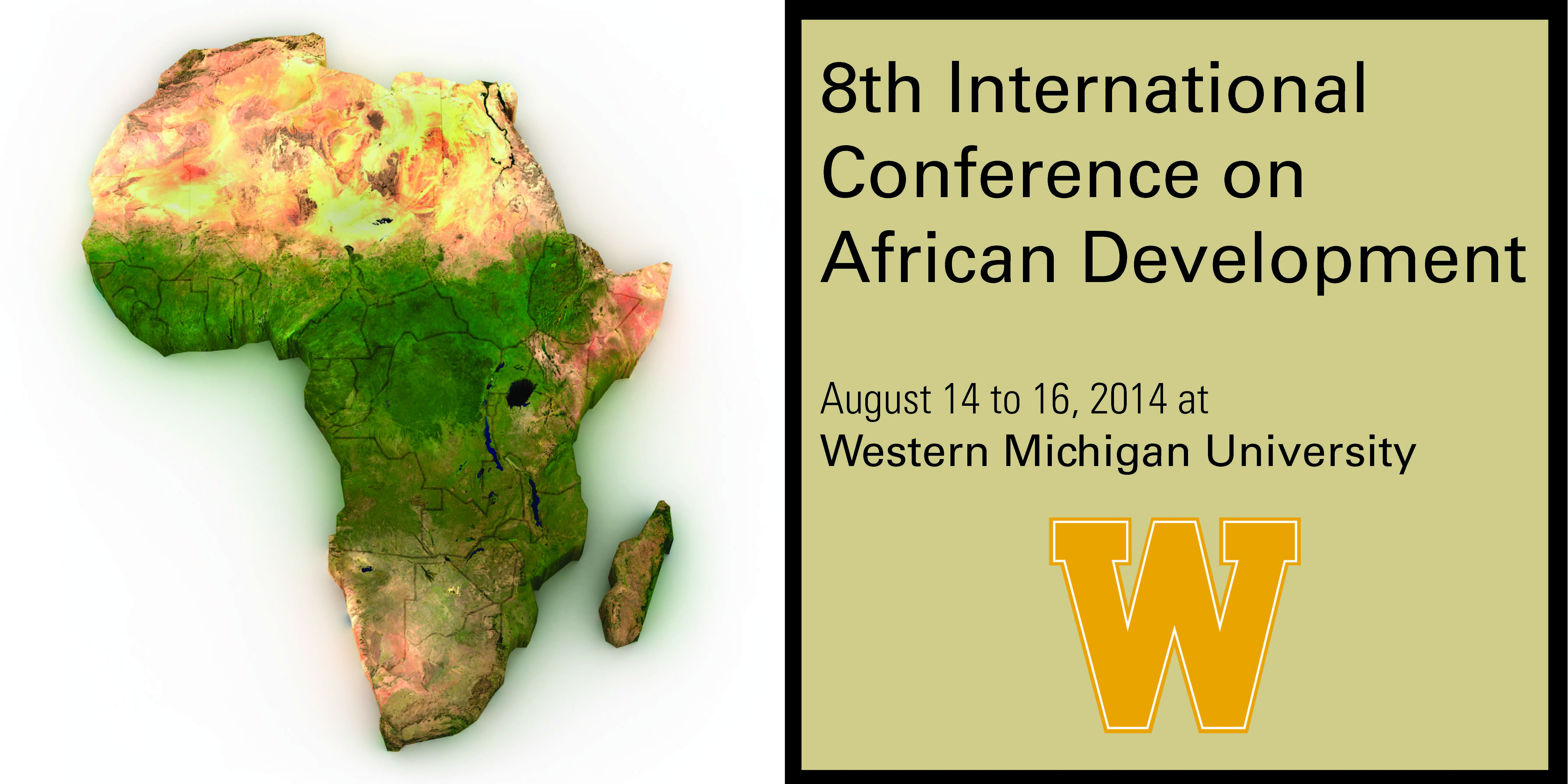
Predicting Political Party Durability in Sub-Saharan Africa
Abstract
Due to the shift in international political dynamics associated with the end of the Cold War, political incumbents in Sub-Saharan Africa have, increasingly, fostered both authoritarian and democratic institutions simultaneously in order to secure tenure. This paper seeks to answer why some parties have been able to dominate the political arena in such hybrid regimes, while others have failed to do so. Building on past research by Levitsky and Way (2010, 2012), this paper tests two possible explanations for why incumbent leadership remains united and strong amidst opposition movements, economic crisis, foreign pressure, and mass protest. Through the application of both quantitative and qualitative techniques, the notion that countries with greater endowments of fuel and mineral resources are associated with more dominant ruling parties is tested and supported. Findings also back the theoretical claim that a violent and ideological struggle, often experienced through a national liberation movement, creates a strong sense of loyalty and cohesion within a ruling party and is therefore correlated with incumbent party domination, though the effect experiences diminishing returns over time.
Predicting Political Party Durability in Sub-Saharan Africa
Due to the shift in international political dynamics associated with the end of the Cold War, political incumbents in Sub-Saharan Africa have, increasingly, fostered both authoritarian and democratic institutions simultaneously in order to secure tenure. This paper seeks to answer why some parties have been able to dominate the political arena in such hybrid regimes, while others have failed to do so. Building on past research by Levitsky and Way (2010, 2012), this paper tests two possible explanations for why incumbent leadership remains united and strong amidst opposition movements, economic crisis, foreign pressure, and mass protest. Through the application of both quantitative and qualitative techniques, the notion that countries with greater endowments of fuel and mineral resources are associated with more dominant ruling parties is tested and supported. Findings also back the theoretical claim that a violent and ideological struggle, often experienced through a national liberation movement, creates a strong sense of loyalty and cohesion within a ruling party and is therefore correlated with incumbent party domination, though the effect experiences diminishing returns over time.
